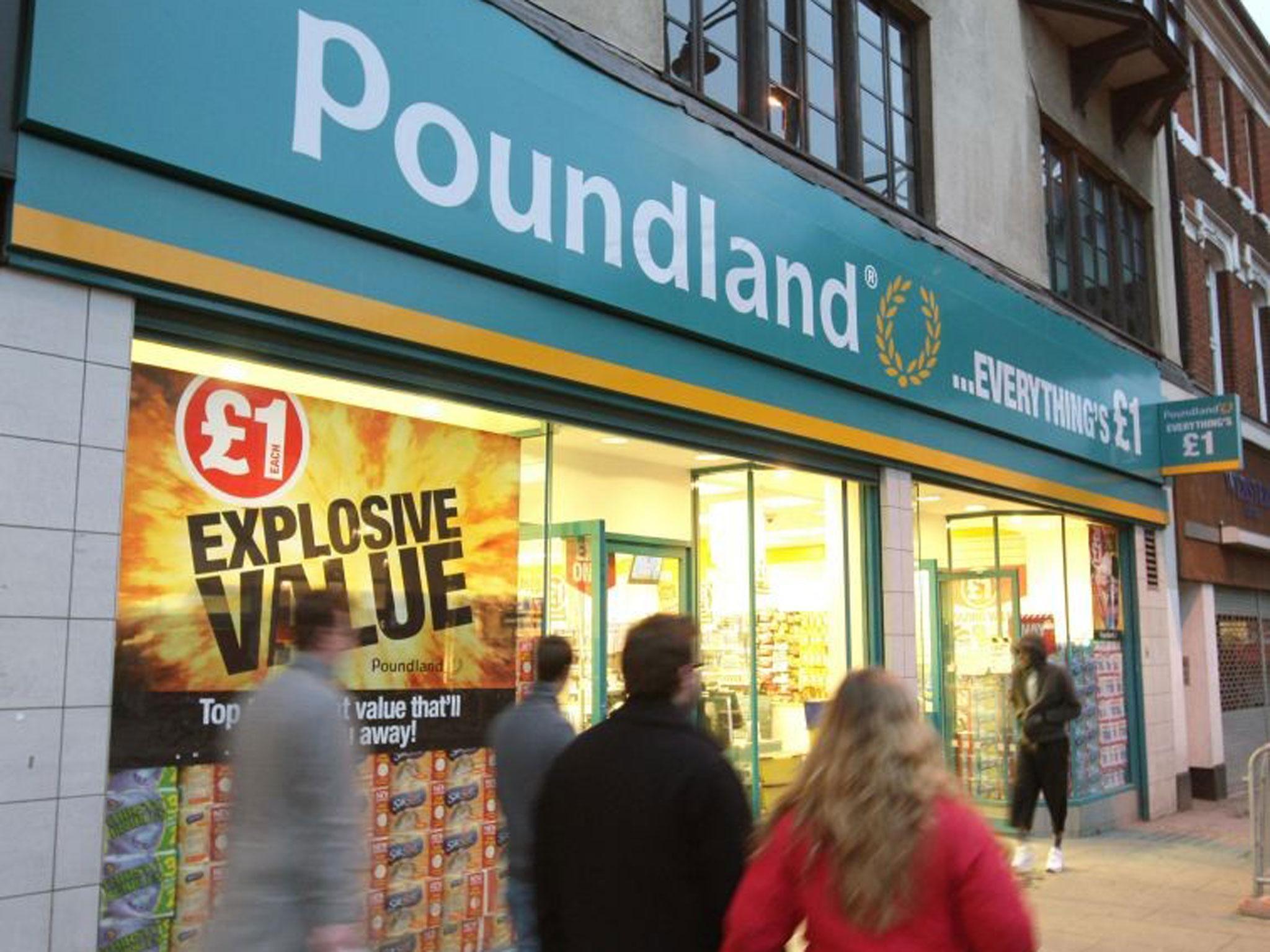Investment Insider: Poundland may not be cheap when it floats
The public can't take part in the share offer. Is that a bad thing?

Some investors might, understandably, be disappointed that they won't be able to get in on the ground floor when Poundland floats on the market.
This is the successful, 530-store chain that sells goods at price of just £1 – no more, no less.
Just recently, the company, said it intends to float on the London Stock Exchange. Shares will, however, be offered to institutional investors only, so not to you and me.
A float can add high, one-off costs to a company's expenses, especially if the share sale is targeted at retail investors who are only looking to buy a small stake in the business. That said, costs can be contained if the company sells large chunks of shares to small groups of professional investors rather than small bits of the business to large numbers of individuals.
The decision as to whether to sell to a select group or to a wider audience can be a tricky one. As far as Poundland is concerned, selling shares to customers, in the hope of building strong brand loyalty, is probably not high on its list of priorities. Consequently, wide share ownership is unlikely to be a major objective. Instead, it could simply be a case of finding investors looking for an easy exit strategy.
Investors who might want to buy shares in the company can do so through the secondary market later on. But when buying shares in any company remember valuation matters. In 2010, Poundland was sold to its existing owners, Warburg Pincus, for £200m. It is more than likely that the value of the business will be considerably higher now.
Currently, the company is estimated to be worth around £750m. That would value the business at a discount of 15 per cent to its historic annual revenues, which doesn't look too outrageous. By comparison, Sports Direct is valued at 1.8 times annual sales and online retailer ASOS is valued at seven times revenue. That said, it is important to look at the competitive landscape that Poundland operates in. Its closest rivals include Poundworld and 99p Stores, which have a strong presence in the Midlands and the South. So while Poundland is a strong player in the budget-retail sector, it does not have the field all to itself.
Another consideration is the economic environment. Poundland's growth has been primarily driven by five years of austerity. But as economic conditions in the UK improve, it is questionable whether Poundland's past growth can be projected into the future.
There are also questions about its buying power as the economy improves and other retailers begin to see a growth in sales.
Join our commenting forum
Join thought-provoking conversations, follow other Independent readers and see their replies
Comments
Bookmark popover
Removed from bookmarks